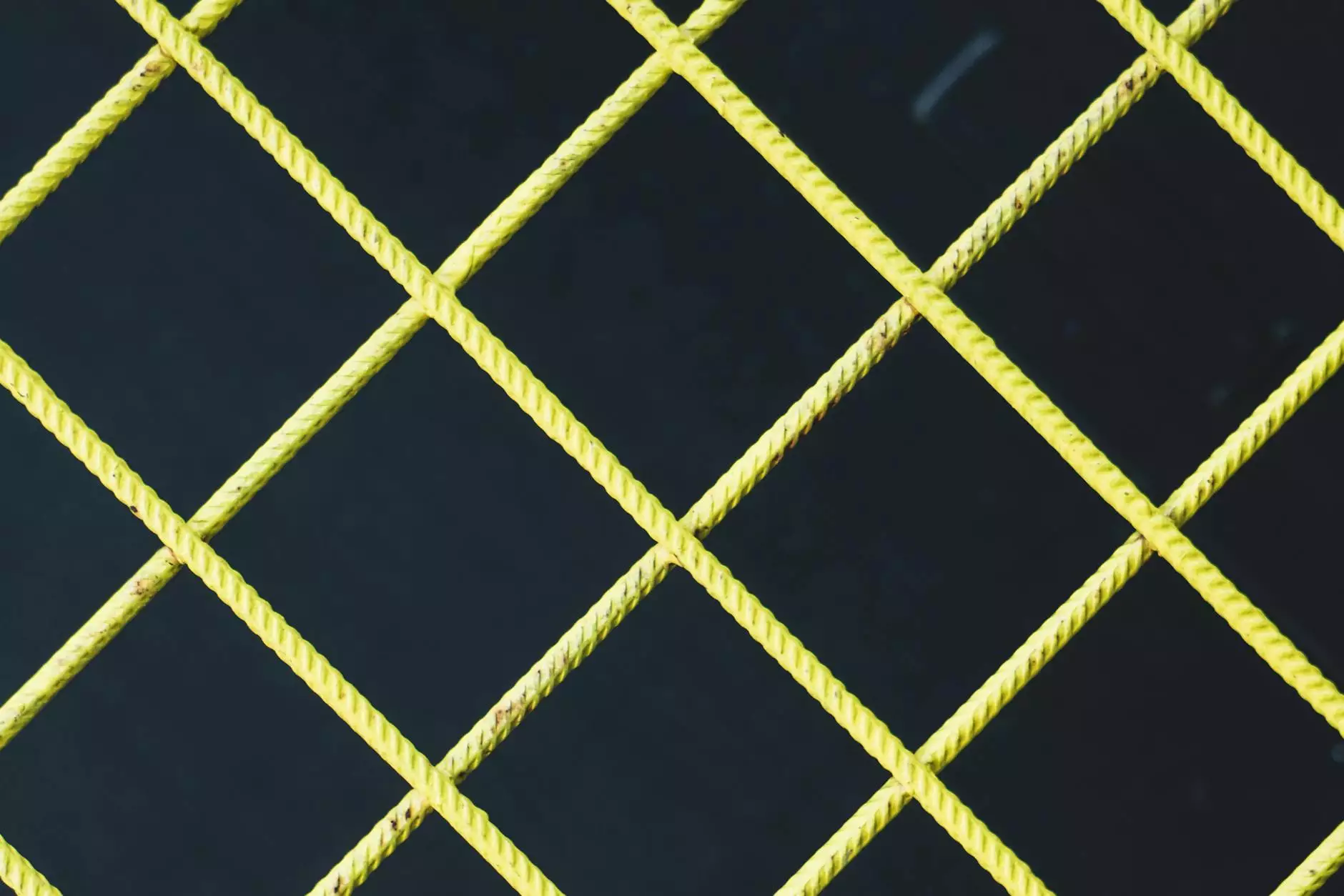The Positive Aspects of Fake Certification: Opportunities and Insights

In an increasingly competitive job market, fake certification has emerged as a topic that evokes mixed feelings and varying opinions. While some argue that obtaining a fake certification undermines the integrity of professional and educational systems, others contend that it opens doors to new opportunities, particularly for individuals pursuing career advancement or opportunities in fields traditionally governed by strict credentialing processes. This article aims to explore the multifaceted nature of fake certification, discussing both its potential benefits and the ethical considerations surrounding it.
Understanding Fake Certification
The term fake certification generally refers to diplomas, certificates, or other credentialing documents that are not issued by recognized institutions or governing bodies. While these documents are not legitimate in the traditional sense, they serve various purposes for those who acquire them. It is crucial to analyze these purposes rather than dismiss the phenomenon outright.
The Role of Fake Certification in Education
Access to Learning Opportunities
In many cases, individuals from diverse backgrounds seek out fake certifications as a means of gaining access to educational content or materials. Some may struggle to pay for traditional education or be unable to attend due to time constraints or personal circumstances. Fake certification can serve as a stepping stone that allows individuals to learn valuable skills in an informal manner.
Fostering Innovation and Entrepreneurship
In today's rapidly evolving job market, innovation is a key driver of success. Fake certifications can foster an environment of entrepreneurship by encouraging individuals to create unique pathways for learning and development. The ability to tailor one's educational journey, even with non-traditional methods, can lead to the cultivation of diverse skill sets that benefit both employers and the economy.
Fake Certification in Professional Services
Enhancing Career Opportunities
For many individuals, a degree or certification is a crucial requirement for job applications. In cases where someone may feel underserved by the conventional education system, obtaining a fake certification can allow them to stand out in a crowded field. It gives them the ability to showcase knowledge and skills that may not have been formally recognized, thus enhancing career prospects.
Bridging Skill Gaps
Employers frequently cite a skills gap in the workforce, where potential candidates lack necessary training or qualifications. Fake certifications can provide insight into a candidate's self-motivated learning and ability to adapt. This informal recognition of skills can bridge the gap in situations where practical experience outweighs traditional credentials.
The Ethical Landscape of Fake Certification
Understanding the Risks
While the potential benefits of fake certification are evident, it is essential to consider the ethical implications clearly. Using fake certification as a means to deceive employers or educational institutions can lead to serious repercussions. Individuals may face job loss, legal trouble, or damage to their personal reputations.
Promoting Responsible Use
It is crucial for individuals seeking fake certification to use it for self-improvement rather than deception. When presented as a complement to legitimate skills and experiences, fake certifications can positively contribute to one’s professional profile without leading to unethical practices.
Alternatives to Fake Certification
Recognized Online Learning Platforms
With technological advancements, numerous reputable online learning platforms have emerged, offering courses that can lead to legitimate certifications. Platforms like Coursera, edX, and LinkedIn Learning provide opportunities for skill enhancement that are recognized by employers and can serve as alternatives to traditional education.
Accredited Programs for Non-Traditional Learners
Many institutions now offer accredited programs tailored for adult learners or non-traditional students. These programs are designed to accommodate individuals who may have professional obligations, thus providing valid certifications without needing to resort to fake credentials.
How to Navigate the World of Fake Certification
Identifying Reputable Sources
For those interested in exploring the idea of fake certification, it is vital to identify reputable sources. Many companies, such as buyafakediploma.com, provide documentation with realistic appearances while making it clear that they do not intend for these documents to deceive. Understanding the intent behind acquiring fake certifications can lead to more responsible choices.
Transparency in Professional Development
Individuals should focus on being transparent about their qualifications and experiences. Highlighting self-directed learning alongside any fake certifications can showcase a diverse skill set while maintaining ethical integrity.
Building a Positive Narrative Around Fake Certification
Contribution to Educational Diversity
As society evolves, so does the need for more diverse educational paths. The concept of fake certification can be positioned within a broader context of educational diversity, where multiple pathways to professional success are celebrated, rather than shamed. This helps dismantle conventional barriers in accessing knowledge.
Community Building and Support Networks
Communities can emerge around the sharing of knowledge gained through non-traditional means. Peer groups focused on skill acquisition can foster collaborative learning, leading to greater community development and support. Such networks could provide resources, mentorship, and even job leads for those interested in alternative growth paths.
Conclusion: A Balanced Perspective on Fake Certification
In conclusion, while fake certification often carries a stigma, analyzing its potential benefits reveals a more nuanced viewpoint. When used responsibly and ethically, it can empower individuals seeking to expand their knowledge and bridge gaps in traditional education. Ultimately, fostering a culture of responsibility, inclusiveness, and openness in educational and professional environments can lead to a more innovative and resourceful workforce.
As we navigate the complexities of modern careers, the conversation surrounding fake certification needs to evolve. Emphasizing skill development, practical experience, and lifelong learning will help leverage individual growth, ultimately benefiting society as a whole.
Call to Action
If you’re considering advancing your education or career, take time to explore all available options, from legitimate certifications offered by recognized institutions to informal learning opportunities. Make informed choices that reflect your values and ambitions, contributing positively to your personal and professional narrative.



